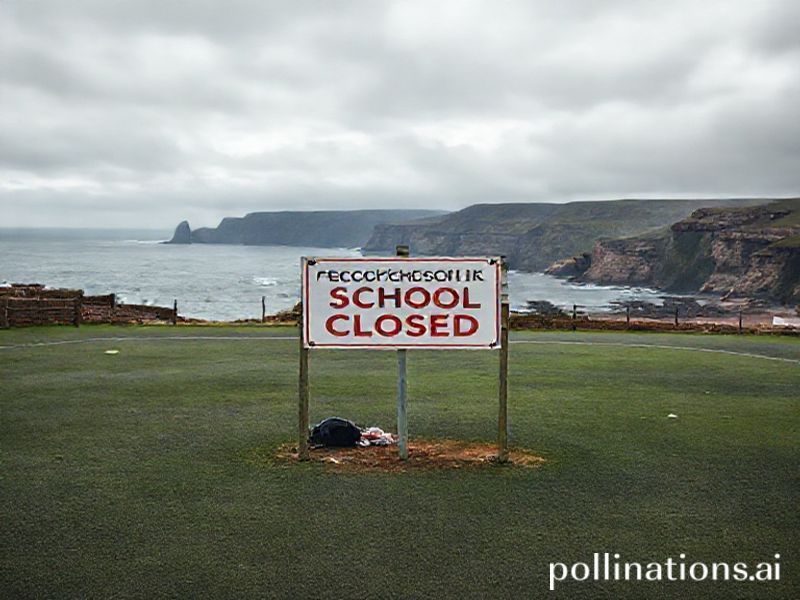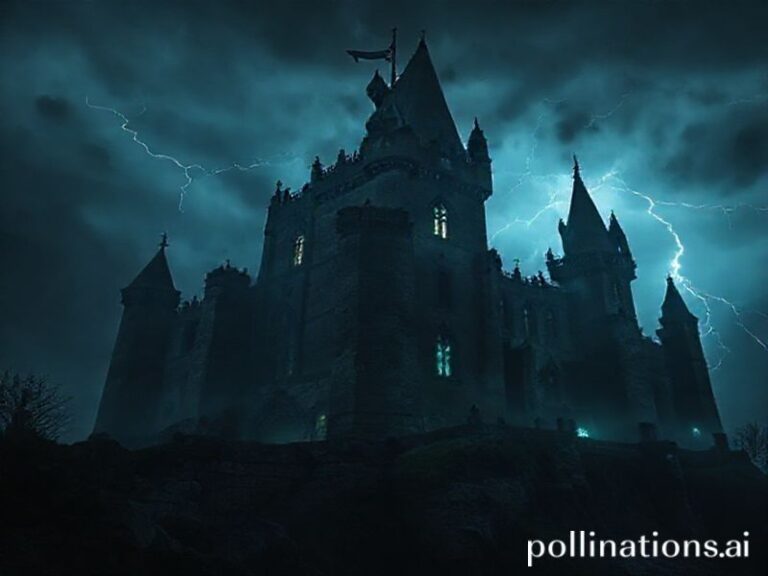Pembrokeshire School Closures: How a Welsh Weather Woe Became a Global Meme
# **Pembrokeshire School Closures: When a Local Storm Becomes a Global Hashtag**
In the vast, interconnected world of the internet, news travels faster than a Welsh storm rolling in from the Irish Sea. And right now, the Pembrokeshire school closures are making waves far beyond the rolling hills and coastal towns of West Wales. But why is this seemingly local issue trending globally? Let’s break it down, because even the most mundane headlines can become the next big thing in internet culture.
### **The Storm That Stole the Spotlight**
Pembrokeshire, a picturesque county in Wales known for its stunning coastline and dramatic cliffs, has recently found itself in the eye of a different kind of storm—one that’s closed schools and sparked global conversation. Heavy rainfall and flooding have disrupted daily life, leaving parents scrambling and students (probably) celebrating an unexpected break. But here’s the twist: the internet has turned this local weather woe into a global talking point.
### **Why Is This Trending Globally?**
1. **The Power of the Hashtag**: Social media has turned local news into a global phenomenon. When schools closed, the hashtag #PembrokeshireSchoolClosures started trending, catching the attention of people far beyond Wales. It’s a reminder that in the age of Twitter and TikTok, even the most niche topics can go viral.
2. **The Relatability Factor**: Let’s be real—everyone has had a day when they wished school (or work) would just cancel. Whether it’s because of bad weather, a hangover, or sheer laziness, the idea of an unexpected day off resonates with people everywhere. The Pembrokeshire school closures have become a collective fantasy for those dreaming of a sudden, unplanned break.
3. **The Humor Element**: The internet thrives on humor, and the Pembrokeshire school closures have provided plenty of material. Memes, jokes, and even fake news stories about “Welsh weather chaos” have flooded social media, turning a serious situation into a lighthearted global joke. It’s a classic example of how the internet turns real-life events into viral content.
4. **The Cultural Context**: Wales, and the UK in general, has a reputation for unpredictable weather. The idea of schools closing because of a bit of rain is both relatable and amusing to people in other parts of the world who might be dealing with their own weather-related woes. It’s a universal experience with a distinctly Welsh twist.
### **The Social Impact**
While the internet is having a laugh, the reality is that school closures can have a significant impact on families. Parents have to rearrange their schedules, and students miss out on valuable learning time. The global attention on Pembrokeshire’s weather woes highlights the broader issue of how climate change and extreme weather events are disrupting daily life.
But let’s not forget the silver lining: the internet’s ability to turn a local story into a global conversation also means that people are paying attention to issues that might otherwise go unnoticed. It’s a reminder that even the most mundane headlines can spark important discussions.
### **What Makes This Topic Significant?**
The Pembrokeshire school closures are significant because they represent a microcosm of how the internet shapes our perception of news. What starts as a local weather story can quickly become a global meme, a source of humor, and even a catalyst for broader discussions about climate change and education.
It’s also a reminder that the internet is a powerful tool for connecting people across the world. Whether it’s through humor, relatability, or shared experiences, the Pembrokeshire school closures have shown us that even the most unexpected topics can bring us together.
### **Conclusion**
So, the next time you see a trending hashtag about a seemingly random event, remember that the internet has a way of turning the ordinary into the extraordinary. The Pembrokeshire school closures might just be a storm in a teacup, but they’ve become a global phenomenon—and that’s the magic of the internet.
—







